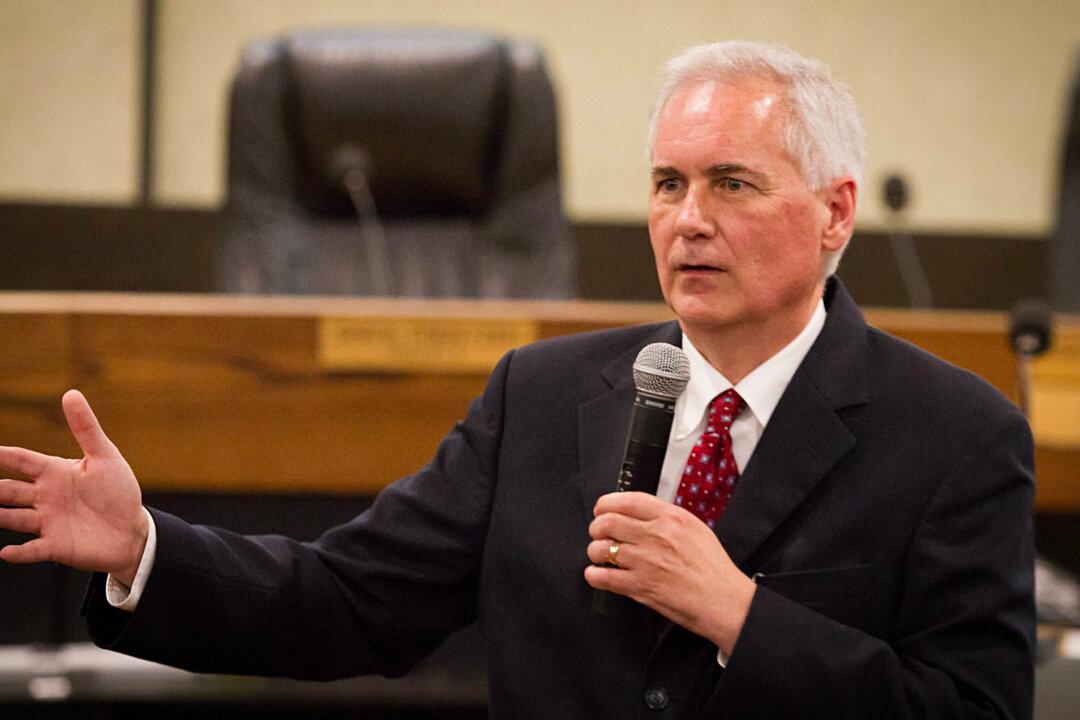Commentary
I’ve known Rep. Tom McClintock for 34 years, since I first came out to California to write editorials for the Orange County Register. He started out himself as an editorial writer. Then he was elected to the state Assembly back in 1982. After that, a stint in the state Senate until he was term-limited. Then, he was elected to the U.S. Congress in 2008.





